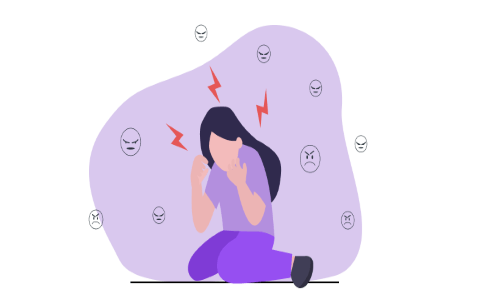
Eye Movements and Eye Placements in Psychotherapy: Fast Tools for Desensitization
Open to access this content

Open to access this content

Open to access this content

Open to access this content

Open to access this content

Open to access this content